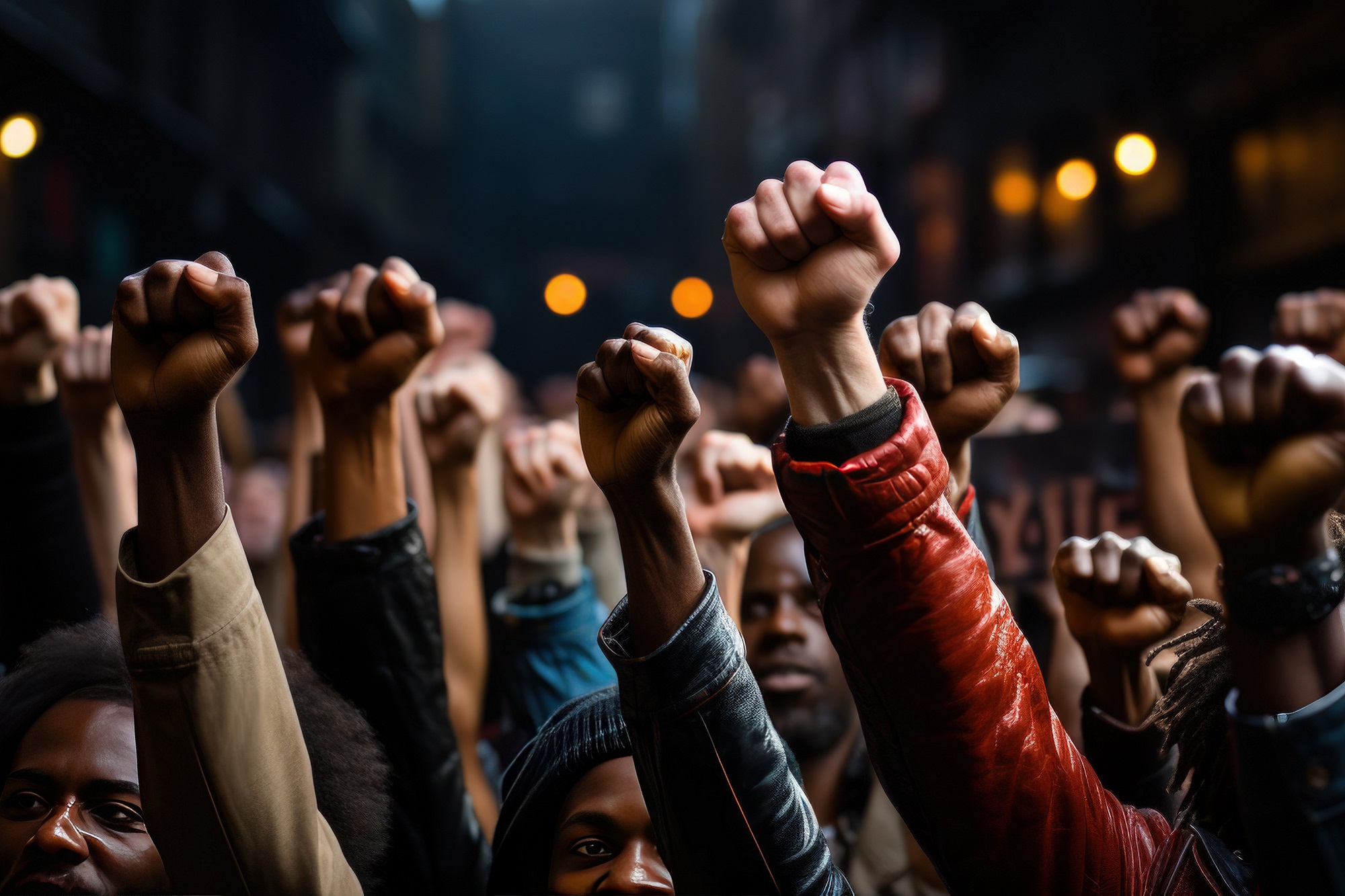"Rights for All: Understanding Fundamental Rights."

"Rights for All: Understanding Fundamental Rights."
Fundamental rights are often seen as the foundation of democratic societies, embodying the core principles that uphold human dignity, individual freedoms, and social justice. These rights are typically enshrined in the constitution of a country, serving as a guarantee that the state will respect and protect the inherent rights of its citizens. The recognition of fundamental rights sets the stage for a society that values equality, justice, and the well-being of all its members. Right to Equality The right to equality is multifaceted, encompassing both formal and substantive aspects. The formal aspect ensures that individuals are equal before the law, meaning that laws should be applied uniformly to all citizens without discrimination. The substantive aspect goes beyond mere legal equality and seeks to address historical and social inequalities. Affirmative action measures, for example, are mechanisms employed by some nations to uplift historically marginalized groups, fostering a more inclusive society. Right to Freedom The right to freedom is a cluster of rights that grant individuals the autonomy to express themselves, associate with others, and engage in lawful activities without undue interference from the state. Freedom of speech and expression is often regarded as a cornerstone of democracy, allowing individuals to voice their opinions and participate in public discourse. The right to assembly and association ensures that people can come together for various purposes, including peaceful protests and advocacy for social change. Right against Exploitation The right against exploitation aims to protect vulnerable sections of society from various forms of abuse. The prohibition of forced labor and trafficking is crucial in preventing the exploitation of individuals who may be coerced into labor or subjected to human trafficking. Additionally, eradicating untouchability addresses deeply rooted social inequalities and promotes the idea of a casteless society. Right to Freedom of Religion Religious freedom is a fundamental right that safeguards an individual's right to choose, practice, and propagate their religion. This right acknowledges the diversity of religious beliefs within a society and emphasizes the importance of tolerance and coexistence. While this right is fundamental, it is subject to certain restrictions, such as those necessary to maintain public order, morality, or health. Cultural and Educational Rights Cultural and educational rights recognize the importance of preserving the distinct identity of different communities within a diverse society. Minority communities, in particular, are granted the right to establish and administer educational institutions to ensure the preservation of their language, script, and culture. This fosters an environment where diversity is not only acknowledged but celebrated. Right to Constitutional Remedies The right to constitutional remedies serves as the backbone of fundamental rights, providing individuals with the means to seek legal redress when their rights are violated. This ensures that the constitutional guarantees are not merely symbolic but have practical significance. The ability to approach the courts for the protection of fundamental rights enhances the accountability of the state and reinforces the rule of law. Privacy as a Fundamental Right The recognition of privacy as a fundamental right has gained prominence in response to technological advancements and evolving societal norms. The right to privacy protects individuals from unwarranted intrusion into their personal lives, including protection against surveillance, data breaches, and other forms of privacy violations. This right is crucial in maintaining the balance between technological progress and the preservation of individual autonomy. Emerging Issues and Challenges In contemporary times, fundamental rights face new challenges arising from technological, social, and geopolitical developments. The digital age has brought forth concerns about online privacy, surveillance, and the ethical use of emerging technologies like artificial intelligence. Striking the right balance between ensuring national security and protecting individual freedoms remains a complex and evolving task for lawmakers and legal scholars. Additionally, issues such as the rights of the LGBTQ+ community, environmental rights, and the rights of indigenous peoples are gaining prominence on the global stage. As societies become more interconnected, the recognition and protection of these rights become essential for fostering inclusive and sustainable development. Conclusion: Fundamental rights play a pivotal role in shaping the character of a democratic society. They provide the framework for a just and equitable social order, ensuring that individuals are treated with respect and dignity. The dynamic nature of societies and the ever-evolving challenges require a continuous commitment to upholding and expanding fundamental rights. The journey towards a more just and inclusive society involves not only recognizing the rights that are already established but also addressing emerging issues and adapting legal frameworks to meet the evolving needs of humanity. Fundamental rights, therefore, remain a cornerstone for progress, ensuring that the values of democracy, equality, and justice endure across generations.